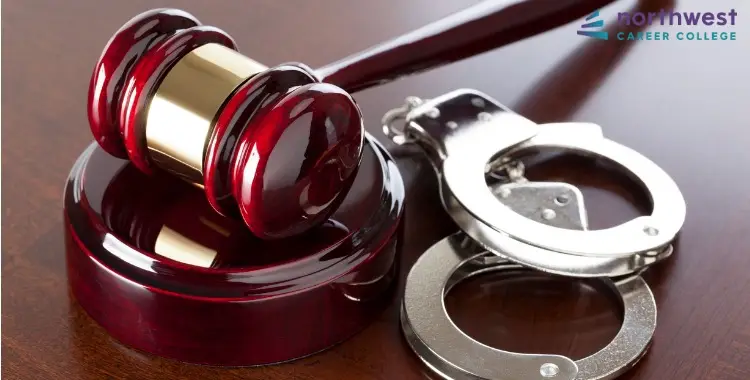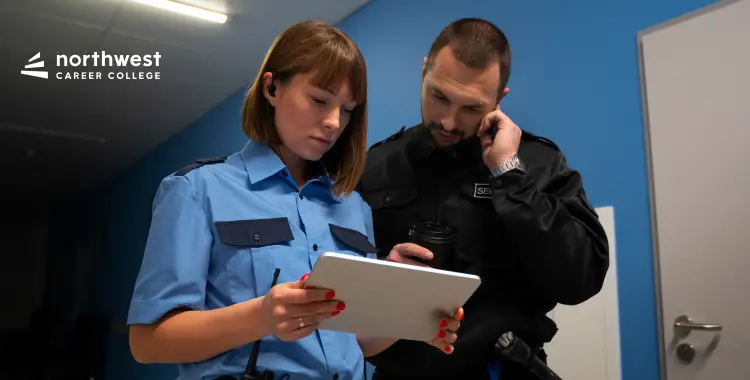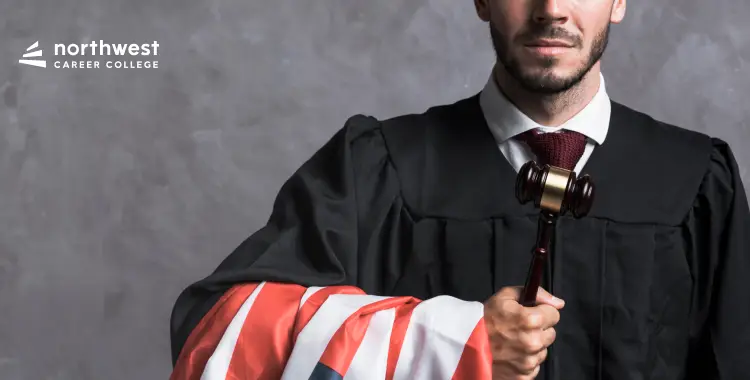The Art of Decision-Making For Criminal Justice Professionals
- December 17, 2024
- 2.7k views
- 5 min read

Decisions made daily by criminal justice professionals are among the most crucial choices that highly affect people and make an outstanding contribution to community safety. According to the Bureau of Labor Statistics, criminal justice employment is projected to grow 7% from 2020 to 2030. The following article intends to describe the art of making prudent decisions for criminal justice professionals and how some strategies will enable them to make the most valid choices under less-than-perfect circumstances.
Understanding the Situation
The critical factor in decision-making is the clear understanding of whatever scenario you are dealing with. The different high-pressure situations that a professional has to go through daily mark the entire context of criminal justice, whether arriving at the scene of a crime or an altercation between individuals. For this, you have to receive all the facts on what has happened before proceeding to the next step in action.
Police work involves making many decisions. For example, when officers respond to a domestic disturbance, they must check if everyone is safe, decide if a crime has happened, and figure out the best way to handle the situation. Officers rushing to decide without enough information might make a mistake. A good officer takes the time to observe, ask questions, and think carefully before making decisions.
Weighing the Consequences
Another important aspect of criminal justice professionals’ decision-making process is considering the possible consequences of each decision. Any action taken by a criminal justice professional will have lifetime effects. To illustrate, an arrest may affect the perpetrator’s family, job, and future.
It is very important to consider that every decision made by criminal justice professionals, whether day-to-day or long-term, innately leads to specific consequences. For example, it becomes a tricky decision when a probation officer needs to determine whether a person is put behind bars for a probation violation or given another chance to mend ways.
The questions to help in weighing the consequences include:
- How does this decision affect the safety of the community?
- What impact will this have on the individuals involved?
- Might this decision bring more problems later in the future?
Weighing the consequences means that the professionals make balanced decisions, considering responsibility for the well-being of all concerned.
Rely on the Ethics and the Law
Ethics and the law also play a significant role in guiding criminal justice professionals. Decisions made have to stay within the legal boundaries and be morally right. Policemen, for instance, are supposed to protect individual rights, however testing they might get. Police officers have to achieve a balance between justice and fairness.
Ethical decision-making can be, at times, highly complex. What feels right in one moment may actually conflict with what is legally required. Undoubtedly, more awareness of the legislation and code of ethics governing the profession plays an important role. Adherence to ethical guidelines creates community confidence in making fair or just decisions.
Coping with Stress and Emotions
Many times, one has to encounter critical or pressurizing moments, such as violent crime, perturbed victim, tense confrontation—the list just goes on. Decisions under pressure can be tricky, but one has to keep calm and focused.
Emotions will not help but lead to poor choices if individuals are angry or fearful. People in criminal justice have to take control of their feelings and stressors for their thinking to be clear and rational.
Deep breathing, stepping away from the problem for some time, and other strategies for focusing on the facts are viable opportunities to create less stress and even make better decisions when under bad conditions.
Cooperating with Others
Most decisions in the criminal justice system are or can be made in teams. A person is often working with other officers, detectives, or attorneys to solve a crime and process the ensuing cases. Short-term collaboration may enhance decision-making by allowing one professional to inspire ideas in another and consider different perspectives and options.
For instance, the detective may brainstorm with colleagues, build on evidence, seek a second opinion from people on details, and cover all avenues to make a judgment on what course of action to pursue. Further, teamwork will enhance the professional’s capability to reach a balanced and fully informed decision.
Conclusion
Decision-making in criminal justice depends on situational awareness, consideration of results, ethics imperatives, stress management, and collaboration. Each step is integral to a well-thought-out, fair decision for the community and the individual. Decision-making is among the primary skills any performer of criminal justice functions must master.Are you looking for a career in criminal justice or want to learn new skills to get on the right path? Enroll in our Criminal Justice Professional Programs at Northwest Career College today! You can become a Criminal Justice Professional and graduate in as little as 9 months. Our hands-on training prepares you to work in security firms, police and prison organizations, and gaming surveillance. With financial aid available, this is your chance to start a rewarding career in law enforcement, corrections, or legal services.




